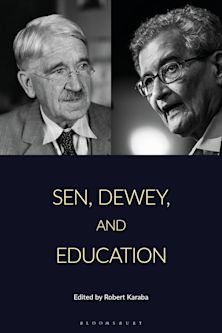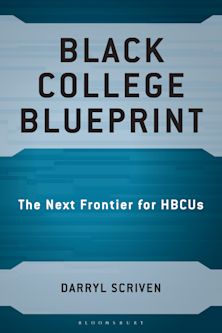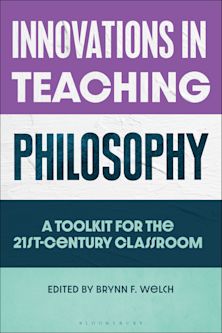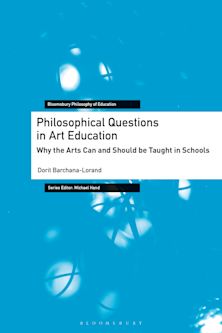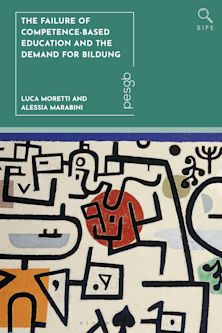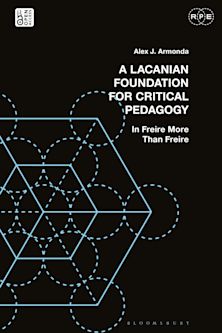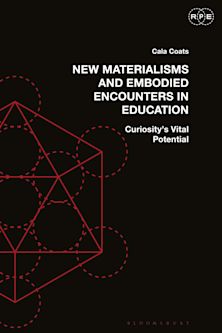Philosophical Reflections on Neuroscience and Education
Philosophical Reflections on Neuroscience and Education
This product is usually dispatched within 10-14 days
- Delivery and returns info
-
Free UK delivery on orders £30 or over
Description
Philosophical Reflections on Neuroscience and Education explores conceptual and normative questions about the recent programme which aims to underpin education with neuroscientific principles. By invoking philosophical ideas such as Bennett and Hacker's mereological fallacy, Wittgenstein's the first-person/third-person asymmetry principle and the notion of irreducible/constitutive uncertainty, William H. Kitchen offers a critique of the whole-sale adoption of neuroscience to education. He explores and reviews the role that neuroscience has started to play in educational policy and practice, and whether or not such a role is founded in coherent conceptual reasoning. Kitchen critically analyses the role which neuroscience can possibly play within educational discussions, and offers paradigmatic examples of how neuroscientific approaches have already found their way into educational practice and policy documents. By invoking the philosophical work primarily of Wittgenstein, he argues against the surge of neuroscientism within educational discourse and offers to clarify and elucidate core concepts in this area which are often misunderstood.
Table of Contents
Preface
Acknowledgements
Wittgentsteinian Abbreviations
Part I: An Introduction to Neuroscience and Education
1. Neuroscience, Brain Based Learning and Education
2. Collaborative Reports in Neuroscience and Education
3. A Local Paradigmatic Example, Founded on an International Research Phenomenon
Part II: The Philosophical Critique of Neuroeducation and Brain-Based Learning: Mereology, Asymmetry and Irreducible Uncertainty
4. The Mereological Fallacy
5. First-Person/Third-Person Asymmetry
6. Neuroscience and Irreducible Uncertainty
Part III: The Philosophy of the Inner and the Outer: Neuroscience, Cartesianism and Mind-Brain Identity Theory
7. Inner and Outer: The Epistemology of the Mind
8. Inner and Outer: The Challenges of Crypto-Cartesianism, Materialism and Reductionism
Part IV: Intrinsic and Relational Models of Education: Unifying the Philosophy of Mind and the Philosophy of Quantum Physics
9. Intrinsic and Relational Models of Education
10. Education, Psychology and Physics
11. Bohr's Philosophy of Physics and its Application to Psychology and Education
Part V: The Wittgenstein-Bohr Model of Education
12. A New Educational Philosophy Based on Bohr's Interpretation of Quantum Physics
13. Conclusions: Wittgenstein-Bohr Model of Education
Concluding Remarks
Bibliography
Index
Product details

| Published | 30 May 2019 |
|---|---|
| Format | Paperback |
| Edition | 1st |
| Extent | 264 |
| ISBN | 9781350110922 |
| Imprint | Bloomsbury Academic |
| Dimensions | 234 x 156 mm |
| Publisher | Bloomsbury Publishing |
Reviews

ONLINE RESOURCES
Bloomsbury Collections
This book is available on Bloomsbury Collections where your library has access.












